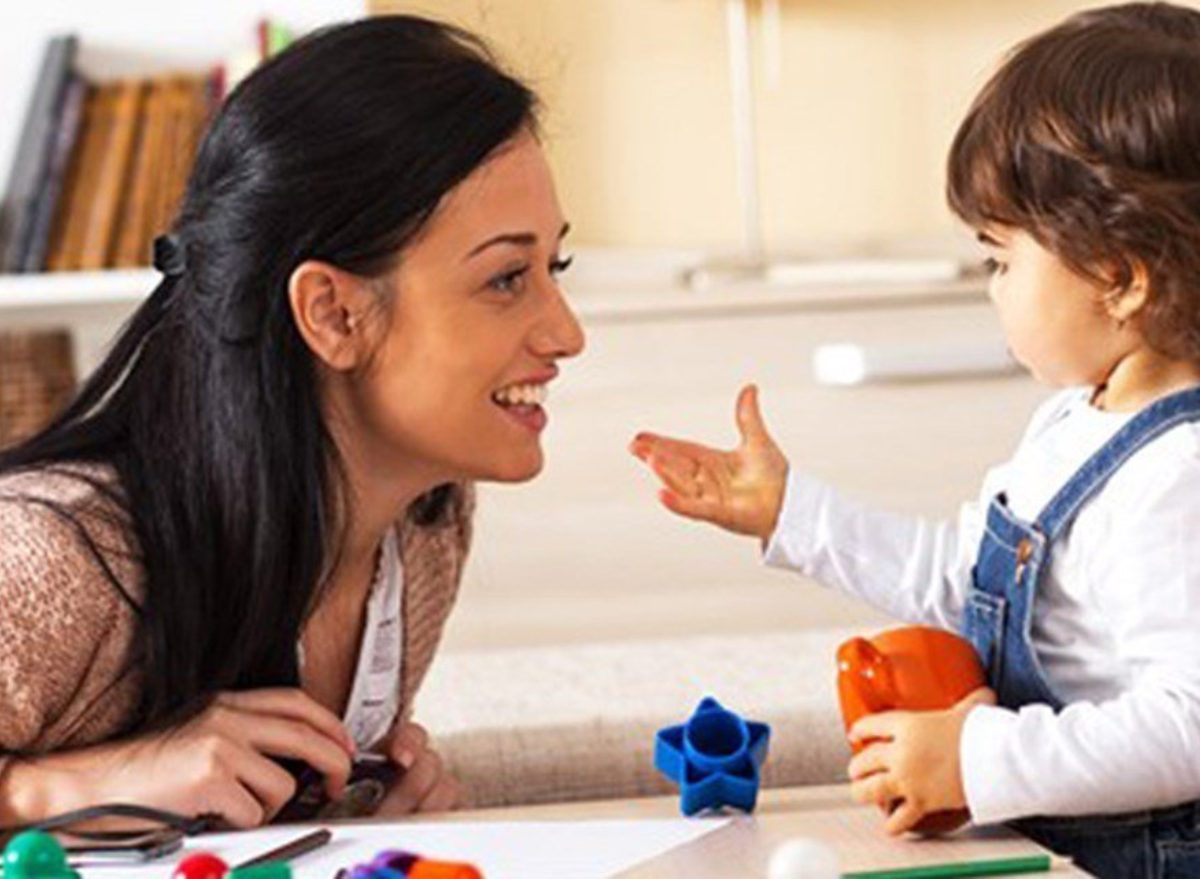While many parents wish their children had arrived with instructions, the fact remains that parents have a great deal of influence over their children’s maturation and ability to thrive in society. If you want to know what matters most for your child’s growth and development, the answer must be how you raise them. In child psychology, certain central approaches have emerged and come to be utilised frequently.
How Does Parenting Style Impact Child Development?
Parental efforts to expose their children to the outside world and prepare them for adulthood will have lasting effects. Children look up to their parents for guidance on what kinds of actions are valued in society, but parents’ perspectives on the importance of relationships are just as formative.
Children learn social skills, how to interact with others, respect for authority, and emotional expression from their parents. Therefore, the degree to which they are indulged or allowed to take an active role in their upbringing is also crucial.
Children are influenced by how their needs are addressed and use this information to form their perspectives and behaviours towards the world. A child’s ability to empathise with others depends on whether or not they have experienced it. A child that is taught empathy will grow up to be empathetic.
Similarly, kids who sense their parents don’t care or don’t take their feelings seriously are more likely to grow up emotionally withdrawn and inconsiderate adults.
Parenting styles are broadly defined as individualised approaches to conversation, behaviour modelling, and meeting their children’s needs. Some people are quite involved, while others are on the complete opposite end of the spectrum. Some parents expect their kids to follow orders without inquiry, while others encourage open dialogue and compromise.
Can You Describe The Many Approaches To Parenting Style?
It is well-established that these parenting techniques have repercussions on the child, including her sense of self-worth, her relationships, and more. The many approaches to parenting are as follows:
Authoritarian Parenting: Do you think that children should always comply with the rules you establish? You tend towards authoritarian parenting, which demands strict adherence to your management and provides no justification for them. Sometimes, strict parents don’t consider their child’s perspective or feelings. Rather than assisting their children in making better decisions, authoritarian parents frequently make them feel worse about themselves.
Having authoritarian parents can make a child compliant, but it usually has negative consequences. As the youngster matures, they may develop hostile feelings and repressed anger. If a parent uses a lot of punishment, their child may start lying or hiding things so they won’t get in trouble.
Authoritative Parenting: Do you, not only institute regulations but also take the time to justify them? Do you encourage your child to acknowledge their feelings, set limits, and provide consequences? You have the potential to be a firm parent. Positive behaviour is rewarded through the application of discipline in this approach to parenting. It should come as no surprise that children raised in such a manner become content and confident adults. These mature individuals are adept at making decisions after carefully considering all relevant factors.
Permissive Parenting: Do you establish norms but rarely, if ever, follow through on them? Does your approach to parenting involve shielding your child from the repercussions of their actions? Most likely, your parenting philosophy is lenient. More permissive parents tend to be quite forgiving. That’s why they don’t do anything to correct the kid’s negative habits.
To win the child’s friendship, they may overlook some behavioural difficulties. However, this leads to a lifelong inability on the part of the youngster to respect authority or boundaries. Permissive parents may decide to establish regulations occasionally, but their children will still push those limits.
A lack of structure and supervision can significantly impact a child’s self-esteem, which in turn affects nearly every area of that person’s adult life.
Uninvolved Parenting: Parents who aren’t invested in their kids’ lives tend to neglect them. They probably won’t inquire how the kid’s day went or who the kid spent time with. If this is your parenting style, you’re probably not being very involved.
It’s worth noting that a parent’s lack of involvement in raising their child could not necessarily be deliberate, especially if the parent is already dealing with a lot of stress. Children of such parents often develop a wide range of behavioural issues and aren’t socially or emotionally well-adjusted because they aren’t meeting their basic requirements.
Conclusion
Don’t beat yourself up if you’re a parent whose methods have been shown to harm their child’s development. Instead, it would be best to focus on establishing a good authority relationship with your child. Even seemingly insignificant advice on how to be a better parent can significantly impact your interactions with your child. Supporting the child during the many stages of growth will help them mature into a whole person.



